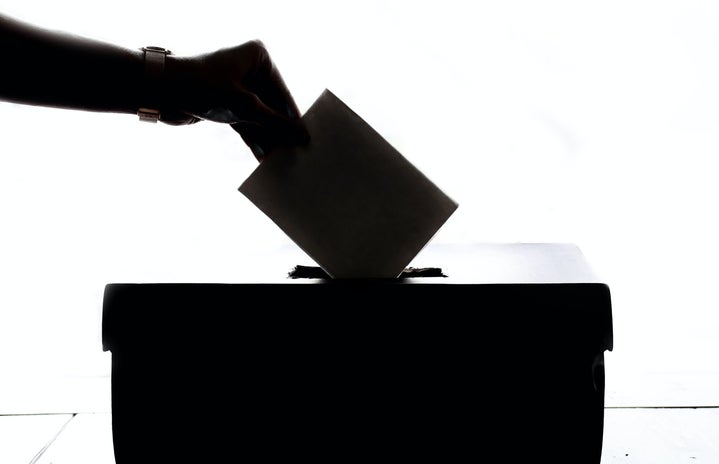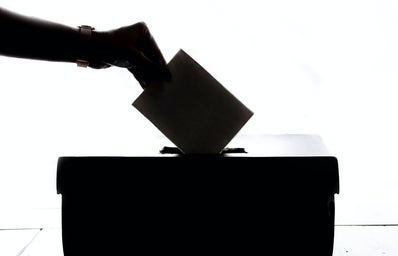About a month after the presidential election in Venezuela, which resulted in Nicolás Maduro‘s victory, the outcome remains hotly contested by the opposition and a considerable share of the international community. As the country faces an uncertain future, the journalist and photographer Yan Boechat, who covered the elections in Venezuela, provides an in-depth analysis of the possible developments that may unfold.
Since July 28, when Venezuelans went to the polls, the nation has been led into a crisis that seems to evolve with new dramatic episodes every week. According to Boechat, the election day itself was quite calm, although it foreshadowed the challenges that the current government would face, both domestically and internationally.
“It was fascinating to cover the elections. I arrived on July 25, expecting the voting process to be relatively peaceful, which it was. However, despite indications that the opposition might win, I doubted that Chavismo would allow a democratic transition of power. On July 28, the voting process went smoothly, with people freely casting their ballots. The issues began after the polls closed,” he noted.
According to the National Electoral Council, with 80% of the votes counted, the incumbent president secured 51.2% of the vote, while his opponent, Edmundo González, received 44.2%. Since the announcement of these results, the opposition has organized protests across the country, which has also come under increasing international scrutiny.
Validation of election results and international pressure
In response to increasing pressure, Venezuela’s Supreme Court initiated the process of validating the voting records on August 19. However, the opposition claimed they were not informed and did not attend the process. As a consequence, on August 22, the Supreme Tribunal declared Maduro the winner and prohibited the publication of the electoral records.
Boechat pointed out that it would have been “virtually impossible for the Supreme Court to deliver a verdict different from that of the National Electoral Council” since the entire Venezuelan judiciary is under Chavismo’s control. There was an expectation that Maduro’s victory would be confirmed, maintaining the status quo and leading to “further isolation of Venezuela within the region.”
Moreover, from an international standpoint, Venezuela is under significant pressure from countries like the United States, which do not recognize the election results. Additionally, traditional allies such as Brazil and Colombia are demanding greater transparency, particularly regarding the release of the electoral records.
Despite this, Boechat emphasizes that Venezuela still has the support of Russia and China, which are helping to boost its oil production. He also suggests that it is naive to believe that Chavismo can be pressured by the major regional powers like Brazil and Colombia.
Repression of the Venezuelan Population
Reports of repression against the Venezuelan population have been escalating, potentially leading to consequences that could impact the entire Latin American region. The Venezuelan opposition, led by María Corina Machado, has reported that hundreds of their activists and election observers are fleeing the country.
This exodus from Venezuela is driven by the crackdown on those who challenge Nicolás Maduro’s re-election. According to Venezuelan Attorney General William Saab Tarek, since Maduro was declared the winner on July 29, more than 2,400 people have been arrested, and at least 27 have died.
From the perspective of the Venezuelan people, Yan Boechat observed that there was “significant mobilization in the days immediately following Maduro’s victory, but this was swiftly suppressed by a strong wave of repression, particularly targeting the poorest segments of society.” He added that there are opinion polls suggesting that migration could increase due to the ongoing repression and the consolidation of Maduro’s re-election, although the situation remains unpredictable.
———————–———————–————–————–
The article above was edited by Ana Beatriz Aith.
Liked this type of content? Check Her Campus Cásper Líbero home page for more!


